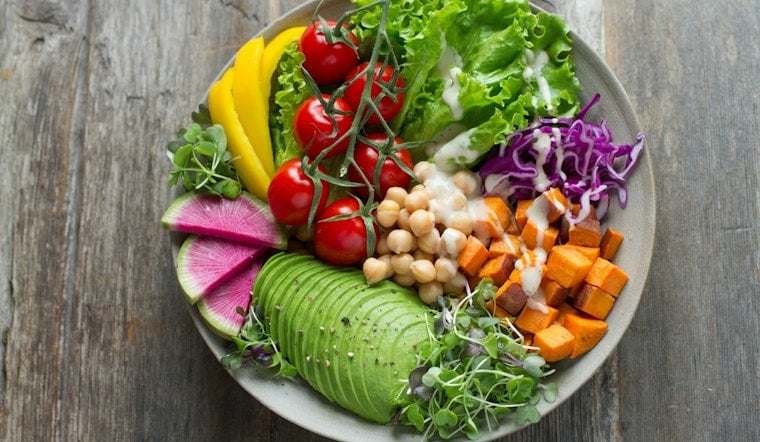
As the clock ticks on our lives, understanding how our plates should change with our age becomes crucial for longevity. Jenny Breen, a chef and advocate for sustainable food systems and food justice, shared her expertise on the essentials of nutrition for older adults in a University of Minnesota feature. Breen, who focuses on educating health professionals on the role of food in health, underscored the importance of whole foods and sustainable eating habits.
When discussing how nutritional needs evolve with age, Breen mentioned to the University of Minnesota, "Generally, what we need for health doesn’t change — whole foods including lots of fiber, quality fats, proteins, antioxidants, minerals, vitamins, and more — but the quantity and proportions change as our metabolism and activity slows." She emphasized that maintaining physical and mental activity helps mitigate the impact of these changes for most folks. For those trying to make every dollar count, Breen advised exploring proteins beyond meat to include beans, legumes, and eggs, which can be friendlier on the wallet.
Eating healthy doesn't have to burn a hole through your savings. "People often see healthy food as more expensive," Breen told the University of Minnesota, suggesting a pivot towards plant-based proteins and seasonal produce to cut costs. She is a proponent of cooking at home as a way to both save money and reduce food waste. Her recommendations include buying in bulk from local farmers markets, as well as using frozen and canned ingredients when fresh options are not available.
For the solos in the kitchen, Breen has some practical advice: cook in bulk. It might sound contradictory, but according to her, it's all about the formula—which could start with a big pot of beans turned into a salad and evolve into tacos or soup throughout the week. "You can also freeze most everything if you get tired of using it," she adds. Moreover, she sees cooking as an opportunity to bring folks together—encouraging cooking and dining with friends and family to enrich the experience and share the bounty.
The key ingredients for a diet that fosters healthy aging? Diversity. Breen's go-to's are leafy greens, colorful vegetables, nuts, seeds, and avocados—all packed with essential fats, fibers, and proteins. Her work extends beyond the kitchen; she's dedicated to tackling the underlying issues in Minnesota’s food systems. "We all deserve access to healthy, whole, sustainable food and the skills to procure and prepare it," she explained, highlighting the need to address food inequities impacting marginalized communities.
Jenny Breen's résumé speaks volumes about her commitment to this cause. Not only a lecturer at the University of Minnesota but also a coordinator for a teaching kitchen and a consultant, her legacy includes co-owning a sustainable food business and forging strong links between health and food systems. In her view, it's not just about the meals we make, but about the systemic changes we champion for a healthier society.
For more on Breen's insights on nutrition and healthy aging, visit the University of Minnesota feature.

-1.webp?w=1000&h=1000&fit=crop&crop:edges)







